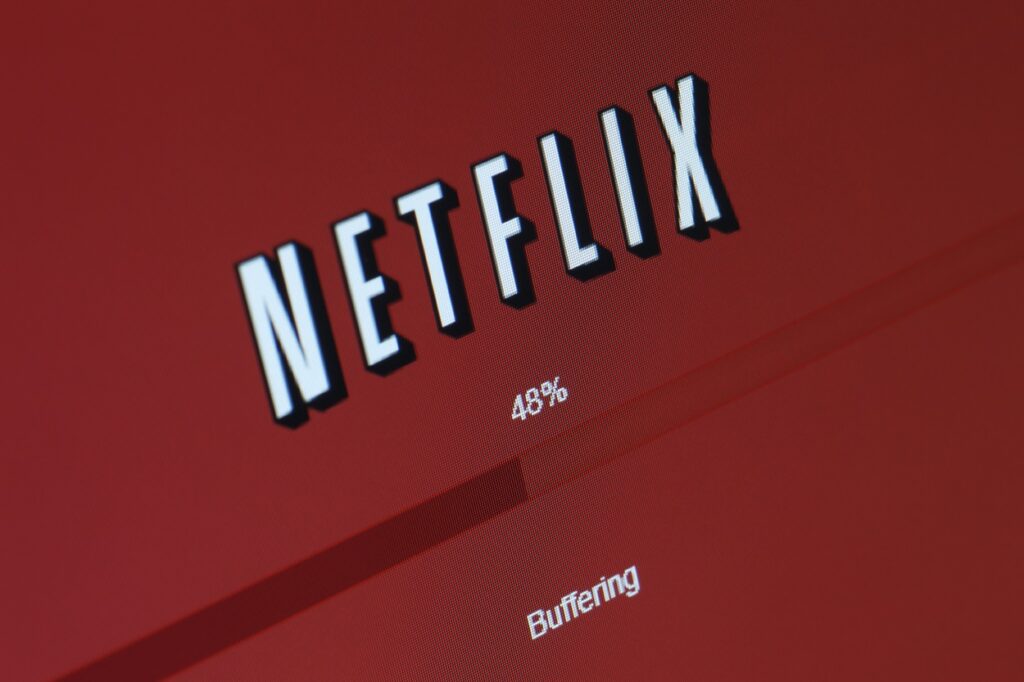With last week’s announcement, Netflix reasserted itself at the cutting edge of workplace practices and policies, alongside a band of innovative US tech companies like Google, Twitter and Facebook. What did Netflix do? It announced unlimited paid maternity and paternity leave for new parents.
Compared to some European countries, granted, that doesn’t seem all that radical. However, the US is one of only three countries, alongside Oman and Papua New Guinea that does not offer its citizens any paid maternity leave, much less paternity leave.
In fact, 41% of American workers are not even entitled to unpaid maternity leave. Within that context, Netflix’s move is pretty radical.
Turn the clock back 20 years and a “radical” HR policy might have involved using automated touch-tone telephones to find out about employee benefits, setting up confidential concern reporting systems or offering subsidised gym memberships. Parental leave policy isn’t exactly the coolest or most exciting topic, but Netflix, like many other successful yet disruptive technology companies, understand that it is not only products and services that require innovation but also working practices.
To fulfil their vision these companies want the most talented people that money can buy. Except, it’s not just money that buys people. The best talent also wants a life outside of work and demands a workplace structure that supports flexibility and choice.
Netflix recognises that to attract and engage the millennial generation, employees must be free to choose how to work in a way that makes room for their other endeavours, reducing the conflict that can distract people from their work.
To attract and engage the millennial generation, employees must be free to choose how to work in a way that makes room for their other endeavours
Tawni Cranz, Chief Talent Officer, makes this clear in the announcement: “We want employees to have the flexibility and confidence to balance the needs of their growing families without worrying about work or finances.”
As well as removing some of the burden that can cause stress for new parents, Netflix are explicitly consenting to their employees having a life outside of work, and giving them permission to prioritise as they think best. Policies like this go a long way towards meeting some of the flexibility and autonomy goals that people are looking for in a modern workplace, and highlight the radical culture of fairness within this thriving organisation.
In many companies, people find it hard to negotiate the tensions between work and home pressures and poor work-life balance has been shown to be the strongest predictor of stress. Netflix’s announcement means that their employees can feel confident about job security whilst juggling the demands of work and home. This confidence frees their minds to concentrate on the task at hand, be that raising their children or performing their role in the office.
Poor work-life balance has been shown to be the strongest predictor of stress.
Not only does this policy promote a fairer work-life balance, but it also gives control to the employee in deciding how best to manage these delicate demands. It makes sense for the employee to make these decisions, because after all, who knows more about their various needs and their own ability to fulfil them?
Some other companies may take an approach that McGregor would call “Theory X”, believing that employees try to avoid work and giving their managers total control over how they earn their wage. But Netflix knows better, having control over our own jobs is more strongly related to job satisfaction than wage.
By keeping their top talent happy, they work better in teams, are more creative, provide excellent customer service and are less likely to quit.
The stock market seemed to approve of Netflix’s move, as its share price reached an all time high of $122.78, up over 8% on the day following the announcement. Of course, there could be other reasons for this rise: the company also announced a launch date for their service in Asia and prominent investors recommended Netflix stock. But there is a precedence for believing their “family-friendly policy” had an effect: great places to work usually out perform an investment portfolio of similar companies.
It’s worth noting, Netflix’s “unlimited” policy does not provide any guidance on how much leave they consider appropriate, and in a culture like the U.S.A, where the average worker takes only 7.6 days of paid vacation each year, people may feel pressured into taking fewer days than they really need. Some other forward thinking companies, such as HubSpot, have a compulsory two-week minimum vacation each year, and Full Contact and Rand even pay bonuses to encourage their employees to take vacation time.
The stock market seemed to approve of Netflix’s move.
Netflix’s holistic approach recognises that to get the best people, and to get the best out of them, then it is not enough to rely on just being an inspiring cool place to work – you also need to treat people fairly. This is something we have found in all our research at Happiness Works about what makes for happy high performing cultures at work. People do want to be inspired, even to have challenging work but they also want to be treated fairly and feel respected that they have to juggle work with their life outside too.
There are a lot of positives to take from Netflix’s announcement and indeed the positive reactions to it. It is wonderful that businesses are encouraging new parents to consider their work-life balance and stating that it is okay to have a life outside of work.
In Netflix’s case it is even better that they are offering equal terms to both women and men including those who are adopting children. They are clearly demonstrating forward thinking. It might even be that Netflix is leading a mini revolution, with Microsoft announcing an updated parental leave policy the very next day. Hopefully having high profile successful companies, such as Netflix, adopting these policies will encourage others to do the same.
Perhaps we even hope that slowly but steadily some of the more out-dated, and increasingly counter-productive, workplace norms will be replaced with fairer ones that create genuine win-wins for both employees and employers – happier work and more successful businesses.











2 Responses
An enjoyable and topical
An enjoyable and topical article which reminded me of an old manager who, a few weeks before my daughter was born, said: “Obviously you are thinking about your baby, but as soon as possible work needs to be the first thing in your life.” I didn’t know whether to laugh or cry, especially as I had near 100% attendance while his attendance was an office joke!…I’m teaching my kids not to dwell on the past. Ha ha!
I think maternity & paternity
I think maternity & paternity leave are one of the most outdated areas of HR policy – hopefully attitudes are beginning to shift and this is just the beginning!